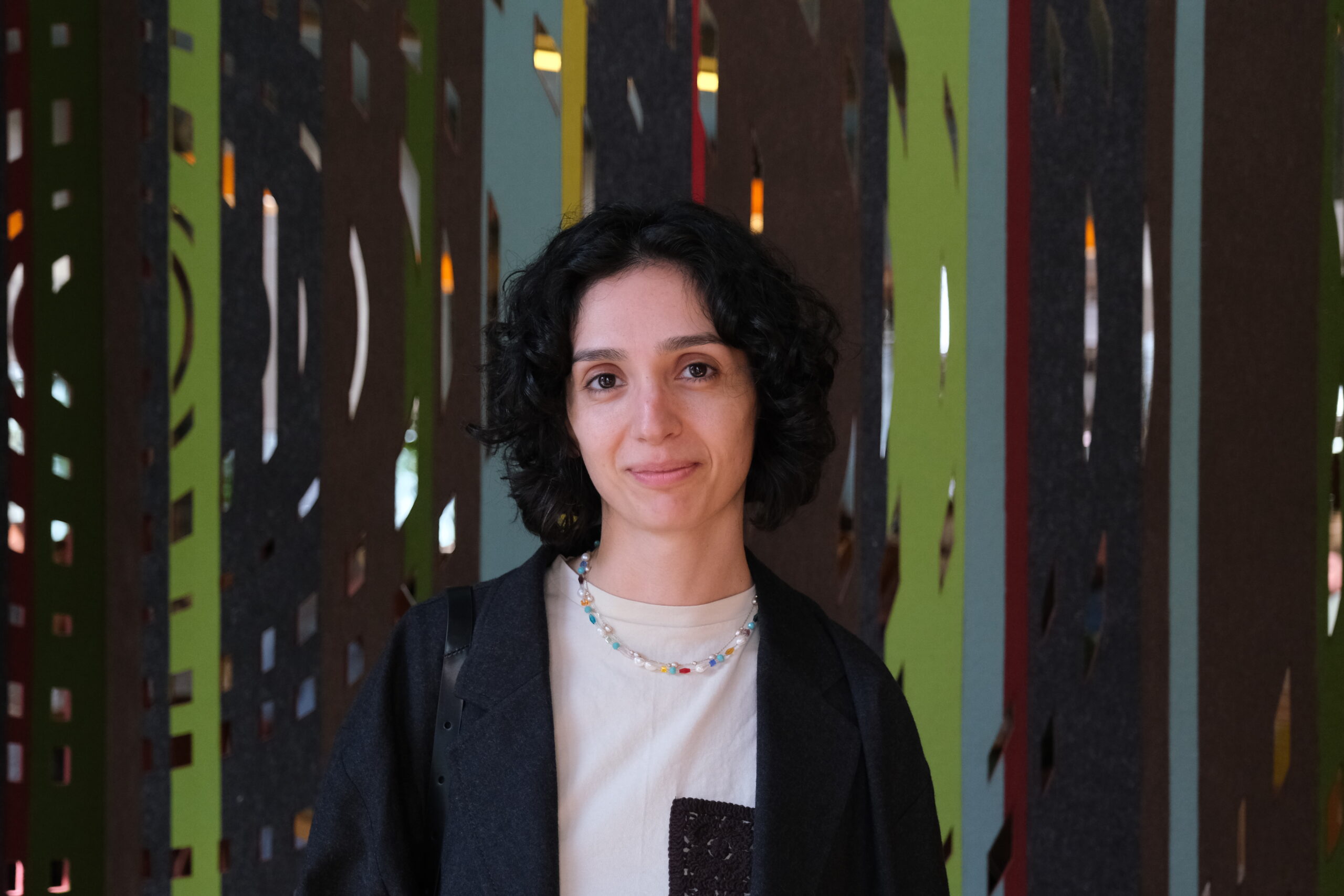In Norway, the topic has gained new attention with the upcoming parliamentary elections and warnings from the security community about foreign interference that takes advantage of Norwegian society’s openness and freedoms.
In Armenia, the extent of disinformation has been staggering. With NHC co-funding, the Socioscope research NGO conducted expert interviews and community-based focus group interviews all over Armenia and published their analysis: an urgent need for building practical societal resilience and fostering trust in the fight against disinformation.
The discussions tested an innovative method for verifying disinformation, uncovering how the public engages with and responds to misleading information. The study also examined media consumption habits, public reactions to disinformation, and identified potential sources of trust within society.
The study shows that the impact of disinformation has grown in recent years, fueled by crises such as the COVID-19 pandemic, the Second Karabakh War, and the forced displacement of Armenians from Nagorno-Karabakh. The public is most sensitive to issues related to politics and national security, making these fertile ground for disinformation and conspiracy theories. The rapid pace of these events overwhelmed the public, leaving them unprepared to combat the spread of false information.
Moreover, actions taken by some institutions under the guise of combating disinformation have occasionally contributed to the problem rather than addressing it. This has further weakened public trust, pushing individuals to rely on their own fears, experiences, and skills to interpret the overwhelming flow of information.
The study also showed several discrepancies between the expert community and the general public. Whereas the main sources of disinformation for the expert community are Russia and domestic sources affiliated with Russia, the Armenian public most often use the phrase “hostile countries” to refer to Azerbaijan as the main source of disinformation in Armenia.
– Different segments of the public have some knowledge and information about media literacy, which does not always become a practical skill. Therefore, a strategic communication policy and action plan should be developed to present sensitive issues to the public, which will allow to mitigate the existing gaps in communication, says Arpy Manusyan, President of Socioscope.
Read the report: Disinformation in Armenia: Examining Public Perceptions
Contact us
Employee
